Roll For Insight: Autism & Tabletop Gaming
March 29, 2019 by ludicryan
This week on Roll for Insight Ryan talks about Autism awareness and tabletop games
There’s an interesting article written for the Autism Support Network by Liz Becker. She talks about the experience she had raising her autistic son Matt and his approach to games. Trying to engage Matt with certain games was difficult and certain changes needed to be made: for example, playing ‘airplane’ and swinging him around required Matt to be facing away from Liz. What Matt found instantly accessible, however, were videogames. Not only was he able to “put the chaos of the real world away”, but Matt would practice talking with videogame characters. It was a way for him to practice speaking in a safe way without the fear of ‘failing’.
This kind of approach to videogames is echoed in an article by Cecilia D’Anastasio for Kotaku. The computer upholds the rules of videogames and provides a platform of predictability where autistic individuals can engage with a system that won’t penalise them for missing non-verbal signals or suddenly change the rules. However, that rigid structure and consequence-free social interaction isn’t guaranteed in tabletop games. Rules can be forgotten and mechanics might rely on deducing social cues.
Understanding Autism
World Autism Awareness Day is observed on the 2nd of April. In the UK and Australia, it’s for a week or more, and some American autism awareness networks observe it the entire month. The NI Department of Health identifies that one in thirty-four school children are identified as autistic so awareness is vitally important, especially with so much misinformation and misplaced fear. But it can be difficult to know where to start. I can not even begin to stress my own ignorance on the matter as a neurotypical individual, but weeks of research and interviews have helped. I am, of course, no expert and will still be learning so much more as time goes on.
Participants at the UN for the 2016 WAAD observance on "Autism and the 2030 Agenda: Inclusion and Neurodiversity"
Almost every autism awareness site has an explanation of what it is. The Autism NI website has a set of characteristics explaining how an individual might perceive and react to social interactions or how repetitive patterns of behaviour might manifest. But there is a problem with how a lot of these websites frame autism: they rigidly follow the medical model of disability.
In my article on Wargaming and Accessibility, I quoted Michael Heron from the website Meeples Like Us. Michael does accessibility teardowns of board games, but the frame in which he does this is from the social model of disability. And it’s very much worth quoting again:
“The disability is not the wheelchair. The disability is not the person in the wheelchair. The wheelchair is an accessibility aid. It’s not a problem, it’s a solution. The problem there is actually the stairs because the stairs are the thing stopping someone getting from one place to another. And the thing is, stairs don’t occur naturally in real life. They don’t just spontaneously generate in front of doors on a second storey. That door was there for a reason and that door was put there by somebody. So what the social model is saying is that we have to be mindful of those kinds of things.”
The social model of disability looks at the factors surrounding the person as the problem instead of identifying the person as the problem. It’s such a positive outlook: instead of blaming somebody for an injury or lifelong condition, we can look at how society can be designed for everybody.
The best resource I’ve found that embodies this notion of the social model of disability has been from academic Nick Walker and his idea of the neurodiversity paradigm. This way of thinking is similar to the social model of disability in that it criticises the idea of a “normal” or “healthy” way for our brains to operate. It says that dyslexia isn’t a medical condition, but the way in which the human race relies on certain forms of communication creates a barrier in the way of dyslexics (that may include long-winded articles like this one). Walker’s definition of autism follows on from this set of ideas and it’s worth quoting the entire first paragraph:
“Autism is a genetically-based human neurological variant. The complex set of interrelated characteristics that distinguish autistic neurology from non-autistic neurology is not yet fully understood, but current evidence indicates that the central distinction is that autistic brains are characterized by particularly high levels of synaptic connectivity and responsiveness. This tends to make the autistic individual’s subjective experience more intense and chaotic than that of non-autistic individuals: on both the sensorimotor and cognitive levels, the autistic mind tends to register more information, and the impact of each bit of information tends to be both stronger and less predictable.”
(Above video from The National Autistic Society aiming to simulate sensory overload)
A good analogy is that an autistic individual’s mind is running a different operating system than a non-autistic one and school.exe is not exactly built to accommodate the former. The experience of each autistic individual can be wildly different though. Some can experience fine motor control issues or speech problems. The degree to which the sensory overload can affect an individual in both physical and social ways is understandable when there can be so much more information to process: “...the social challenges faced by autistic individuals are just by-products of the intense and chaotic nature of autistic sensory and cognitive experience”.
Language is incredibly important because it can establish perspectives and shape societies, particularly on this divide between the medical model and the neurodiversity approach. Addressing someone as ‘person with autism’ turns autism into a condition and the person is identified as suffering from it in some way: it immediately disempowers them. Lydia Brown writes that the term ‘autistic person’ identifies “the value and worth of that individual as an Autistic person...Ultimately, we are accepting that the individual is different from non-Autistic people--and that’s not a tragedy.”
This tiny semantic detail is not without disagreements within autistic networks and communities of parents. And it’s certainly not helped when the word ‘autistic’ is used as a derogatory term aimed at those who get excited by tiny details as explored by D’Anastasio in her Kotaku article.
Tabletop Games
So for autistic individuals, is there a definitive way to get into board games or for neurotypical friends to introduce their autistic friends to board games? No, because each autistic person will have their own sensory processes and approach to the world. Should we all walk on eggshells for fear of causing a sensory overload with the complex social systems that might arise around the tabletop? Not at all.
Jo McQuillan is a local counsellor for children and adults with autism and says that instead of wrapping autistic individuals in bubble wrap, new hobbies and activities help build an emotional resistance. Jo uses LEGO®-based therapy as a way to improve social skills with her clients with some even using speech with figures as a way to hold a conversation with people in the room. It isn’t the only play-based approach that people are using.
Critical Core is a tabletop RPG from the non-profit organisation Game to Grow. It’s a purpose-built RPG for neurodiverse players in which each story is constructed to “help build strength in areas that are related to challenges associated with autism spectrum disorder”. The experience the game attempts to create is built from the same idea of Matt practicing speech with videogame characters and children using the LEGO®-based therapy to hold conversations with real people through the figures. One of the directors - Virginia Spielmann - talks about how the therapeutic models the game is built on stress and how each individual feels and experiences the world around them. She says:
“There is no correct way to be human and we are absolutely not about getting children to fit into a set of rules, making anybody normal - certainly not looking to cure or resolve issues that other people might want to be dealt with”
Tales like Liz’s about her son Matt make me fear for causing undue stress or harm by introducing the wrong type of board game. But Matt was using games as a way to understand more about himself. He initially saw failure in games as a reflection of who he was as a person and nothing can be further from the truth. But the more he played games and progressed on to board games and family games he was able to separate that fear and enjoy the games played with others.
I fear that I have failed some of my neurodivergent friends at times both in games and outside of it by not being more aware of how their mind works. A favourite game of our group was the cooperative game Hana Bi but a friend with terrible anxiety hated playing it. The pressure of potentially letting people down and not making the optimum move would somehow reflect upon their competence as a person, which couldn’t be further from the truth. Ultimately, that game isn’t going to define the other person, but I can learn from the experience what might suit the varied tastes of the group and each individual within it.
There are great discussions on reddit and boardgamegeek about how families and friends have adapted and looked for information to play with neurodivergent loved ones. Some gradually ramp up the difficulty of the games they play. Some hate ‘take-that’ mechanics (I’m looking at you Munchkin). A useful resource might be Meeples Like Us and their master list of accessibility teardowns. There is also an explanation of each category and their rating system here.
Just being aware of the barriers others might face in our society is such a small and useful step to take. But I can think of no better way to connect people than sitting around, moving some counters and cursing the dice gods for our collective bad luck.
We'd love to have your input on this in the comments below...
Supported by (Turn Off)
Supported by (Turn Off)
Supported by (Turn Off)





























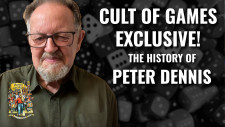

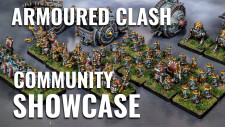









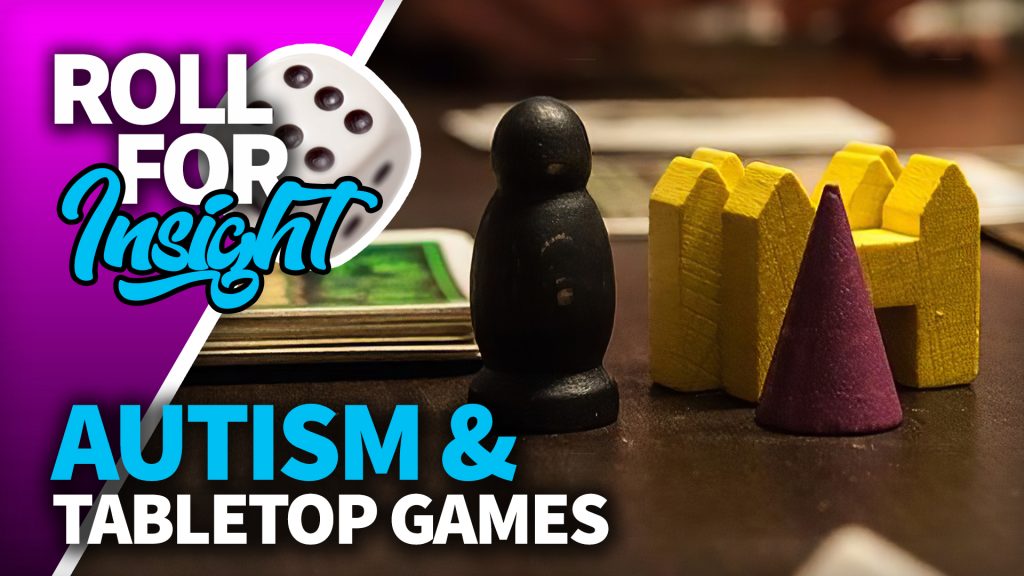

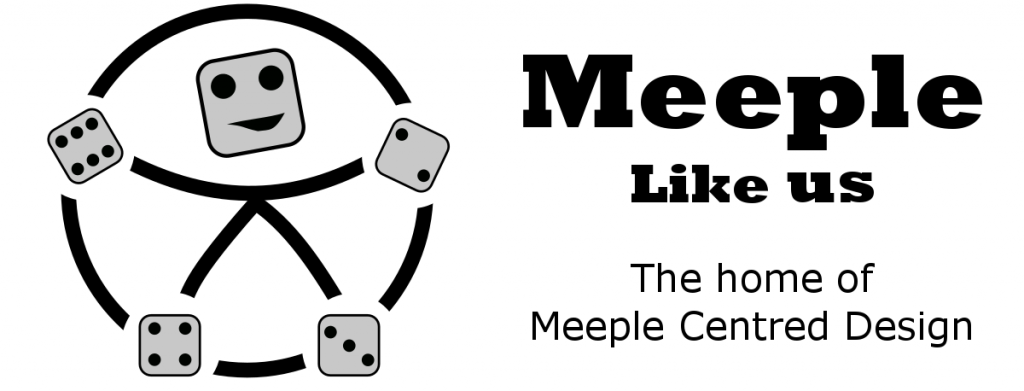
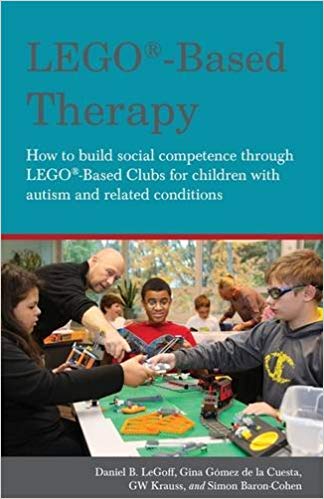

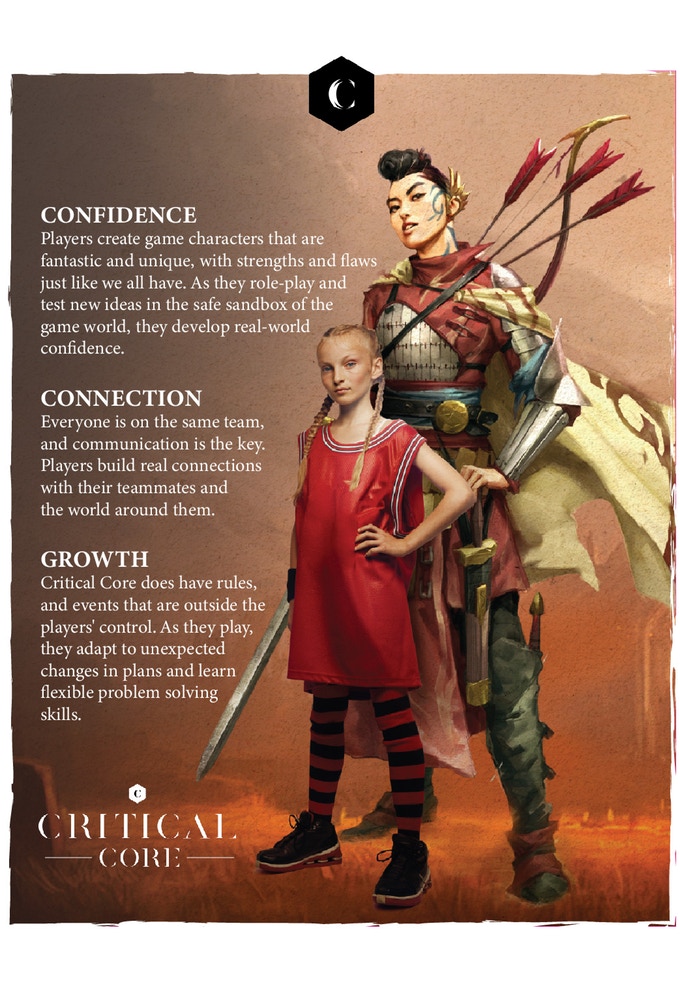


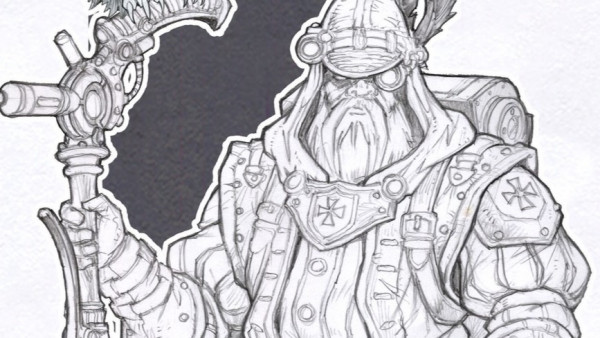






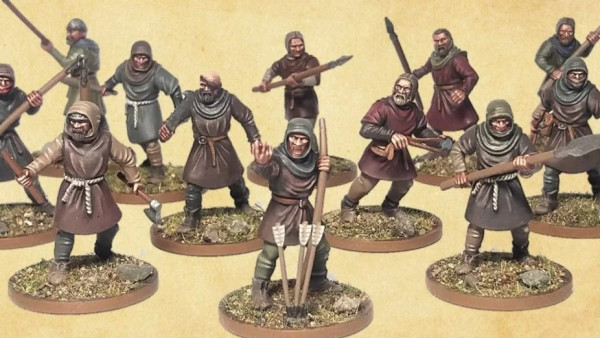
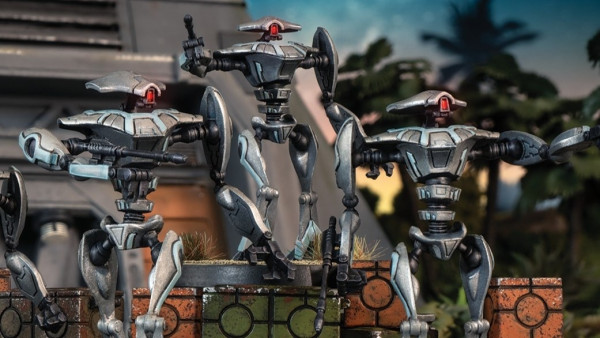

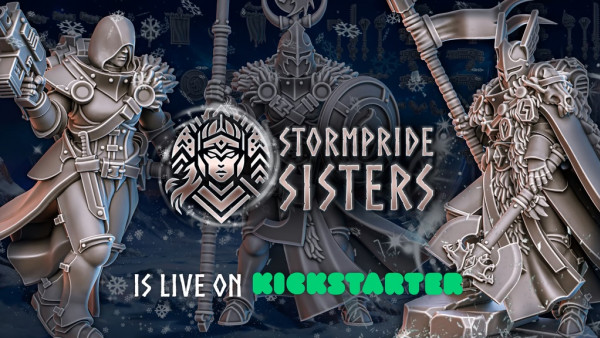





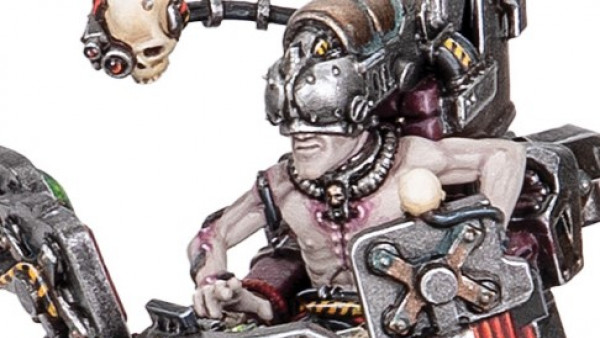
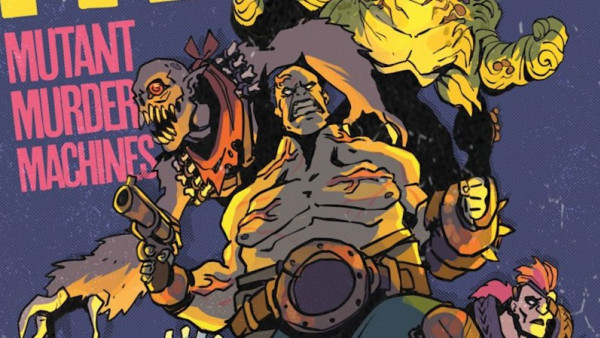
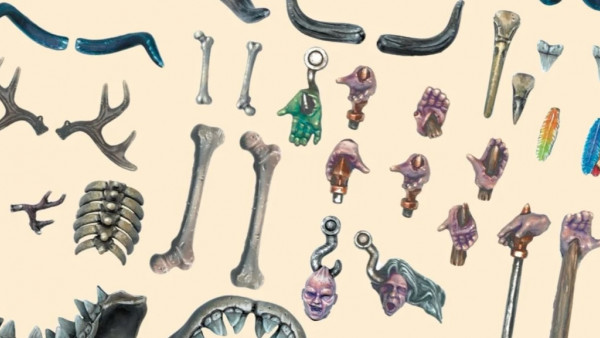




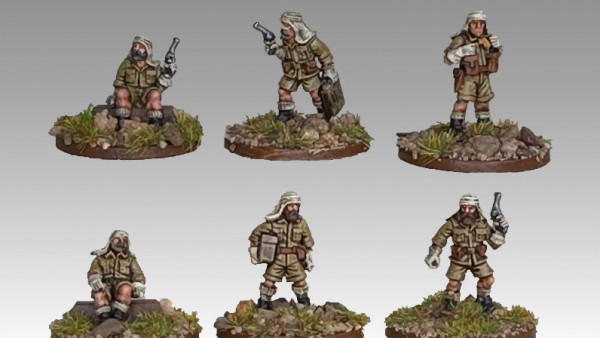

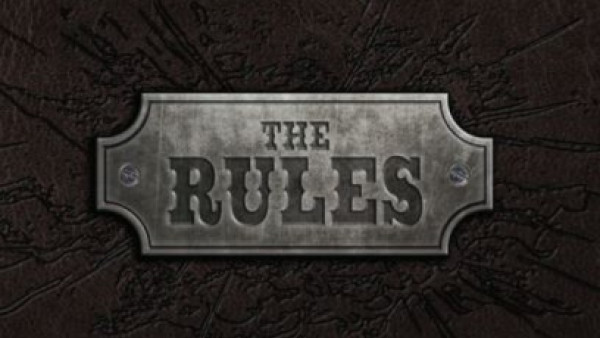

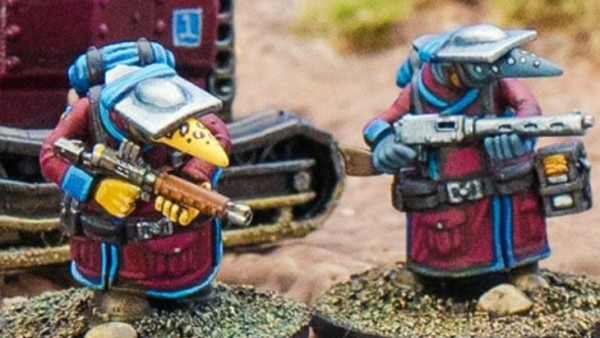




An absolutely fantastic article, well researched and a must for all to read. Autism is a hidden disability and for many children can create situations of real isolation as they alienate themselves from their peers due to an often very literal interpretation of the world. Life can be very challenging. Role-playing games and similar opportunities for autistic people to engage and develop strategies to deal with social interactions and problem thinking certainly helps when it comes to understanding real life events. In the UK a lot of children and families living with autism will be running 7K for the National… Read more »
Even to me as a ‘sane’/’normal’ person there is value in the ‘accessibility teardowns’ that Meeples like us do. Reviews so often focus on flashy details that the minor things (like the amount of text on cards) are either forgotten or ignored. It doesn’t help that going to that level of detail makes reviews more time consuming to produce, altough I think there is more to be gained for everyone by having that attention to detail. Maybe we should treat ‘normality’ or ‘sane’ as an utopian vision of what society has decided humans should be like. The more we diverge… Read more »
A great article. For many years it was believed by my mother and family that i was schizophrenic, especially in my mid to late teens. It wasn’t until i was 29 that i finally found out that i had what is called High Functioning Process Autism. I am able to function and interact within society seemingly without problems but on the inside i was struggling with literal interpretations of non-literal expressions and visa versa. The only real impact discovering the nature of my “issue” has had is to give me a better sense of who i am and why i… Read more »
Hi, I’m not quite sure how I should reply to this, I’ve read over it several times today and I have gone from incredibly angry and frustrated to upset and now just confused with the core idea behind this and what was intended as the outcome. Let me state from near the start that I am a person with high functioning autism and dyslexia, and both have been an ongoing pressure on my life and caused a level of anxiety and pain that is hard to put fully into words. This is both from a work-based stand point and an… Read more »
Hi Azrea, Firstly I want to say thank you very much for your comment. I take criticism of my work very seriously and I am grateful to you for pointing out the deficiencies and tonal problems within the article. Secondly, I must apologise that the article has caused a great deal of frustration and anger. Though it is, of course, not the intention, the problem lies with how I have written it. Though I was particular regarding the language when writing it, that it has come across as derogatory is terrible and I’m deeply sorry for this. Reflecting on your… Read more »
Hi Ryan, Thank you for taking the time to reply and your well thought out response. I did have a look through the links you provided in the article and once again through the links you provided in your response. I understand where your coming from and I appreciate what you are trying to achieve. I think the main issue is that in some cases using items like the blog that you use potentially can cause more issues than it may appear. The blog is written from a point of view of inclusivity, but it is just that the words… Read more »
No need to apologise Azrea! I feel like this has been a productive conversation. I have certainly realised that when writing about accessibility my ‘packed’ writing style can leave important things unsaid – it assumes the reader follows every link and that my language is abundantly clear when that may not be the case. It also made me think about how my perspective on the matter is inherently limited. Whilst I conducted an interview with an autistic individual who is, in turn, a counsellor, I cannot possibly imagine what it is like to be autistic. When writing the piece I… Read more »